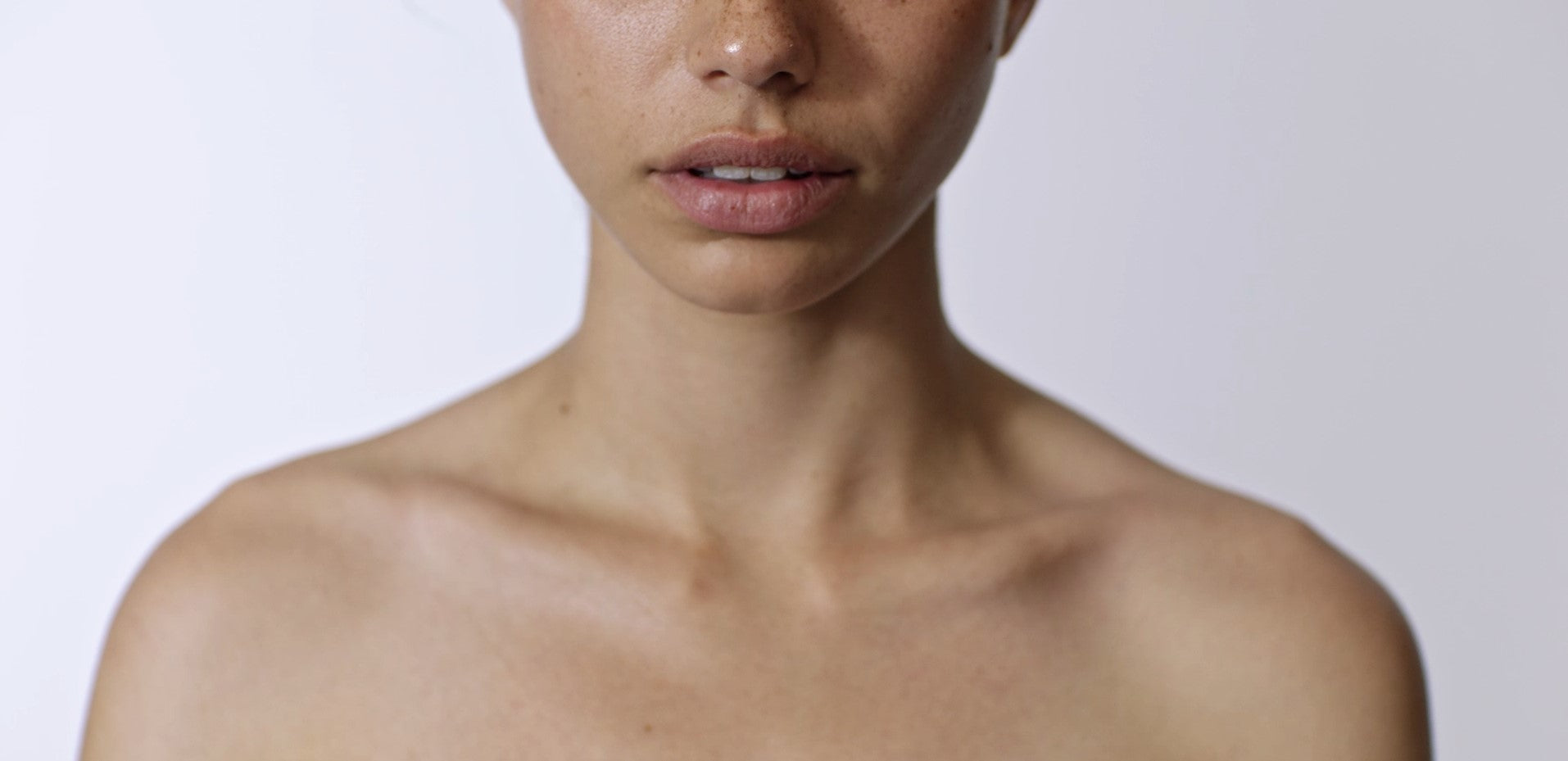
Introduction
Ageing is a natural process that affects all aspects of our bodies, including our skin. As we grow older, our skin undergoes various changes that can lead to visible signs of ageing. Understanding the causes and side effects of ageing skin is crucial in developing effective strategies to slow down this process. In this article, we will explore the factors that contribute to ageing skin, discuss the side effects that occur, and provide practical steps to help slow down the ageing process.
Causes of Ageing Skin
- Intrinsic Factors: Intrinsic or chronological ageing is influenced by our genetic makeup and the natural passage of time. As we age, our skin produces less collagen and elastin, proteins responsible for maintaining its firmness and elasticity. This leads to the formation of wrinkles, fine lines, and sagging skin.
- Extrinsic Factors: Extrinsic factors, such as environmental and lifestyle choices, also play a significant role in ageing skin. These factors include:
- Sun Exposure: Prolonged exposure to ultraviolet (UV) radiation from the sun accelerates the breakdown of collagen and elastin fibers, leading to premature ageing, wrinkles, and age spots.
- Smoking: Smoking damages collagen and elastin fibers, reduces blood flow to the skin, and deprives it of essential nutrients and oxygen. This can result in premature ageing, dullness, and an increased risk of skin cancer.
- Poor Nutrition: A diet lacking in essential nutrients, antioxidants, and healthy fats can contribute to the breakdown of collagen and elastin, making the skin more susceptible to ageing.
- Stress: Chronic stress can disrupt the skin's natural repair mechanisms, leading to accelerated ageing and the development of fine lines and wrinkles.
-
Pollution: Exposure to pollutants, such as air pollution and toxins, can generate free radicals that damage the skin's cells and accelerate the ageing process.
Side Effects of Ageing Skin
- Wrinkles and Fine Lines: The reduction in collagen and elastin production causes the skin to lose its elasticity, resulting in the formation of wrinkles and fine lines, especially in areas exposed to repetitive facial expressions.
- Sagging Skin: The loss of skin elasticity combined with the effects of gravity can lead to sagging skin, particularly around the cheeks, jawline, and neck.
- Age Spots: Prolonged sun exposure can cause an increase in melanin production, resulting in the formation of age spots or hyperpigmentation.
- Dryness and Dullness: Ageing skin tends to become drier and loses its natural radiance due to a decrease in oil production and impaired skin barrier function.
-
Thinning of the Skin: The epidermis, the outermost layer of the skin, becomes thinner with age, making it more susceptible to damage and slower to heal.
Strategies for Slowing Down the Ageing Process
- Sun Protection: Apply a broad-spectrum sunscreen with at least SPF 30 daily, even on cloudy days. Wear protective clothing, hats, and sunglasses to shield your skin from harmful UV rays.
- Healthy Lifestyle Choices: Avoid smoking and limit alcohol consumption, as they can accelerate the ageing process. Maintain a balanced diet rich in fruits, vegetables, whole grains, and lean proteins to provide essential nutrients for skin health.
- Proper Skincare Routine: Cleanse your skin gently, moisturize regularly, and use products containing antioxidants, retinoids, and hyaluronic acid to promote collagen production, improve skin texture, and hydrate the skin.
- Collagen Replacement: Taking collagen supplements can help slow down the ageing process by promoting the production of collagen in the skin, improving its elasticity and reducing the appearance of wrinkles and fine lines.
- Stress Management: Engage in stress-reducing activities such as exercise, meditation, and deep breathing exercises to minimize the negative impact of chronic stress on the skin.
- Avoid Environmental Toxins: Minimize exposure to pollutants by keeping indoor environments well-ventilated, using air purifiers, and avoiding smoking or secondhand smoke.
- Regular Exercise: Engaging in regular physical activity improves blood circulation, which helps deliver essential nutrients and oxygen to the skin, promoting a healthy complexion.
-
Adequate Sleep: Get enough sleep to allow your body to repair and regenerate. Lack of sleep can contribute to premature ageing and dull-looking skin.
Conclusion
Ageing skin is a natural part of the ageing process, influenced by both intrinsic and extrinsic factors. While we cannot completely halt the ageing process, we can take steps to slow it down and maintain healthy, youthful-looking skin. By understanding the causes of ageing skin, being aware of the side effects, and implementing strategies such as sun protection, healthy lifestyle choices, proper skincare, stress management, and regular exercise, we can embrace the ageing process gracefully and maintain vibrant skin for years to come.
Remember, ageing is a beautiful journey, and taking care of your skin is an act of self-love that can positively impact your overall well-being.



